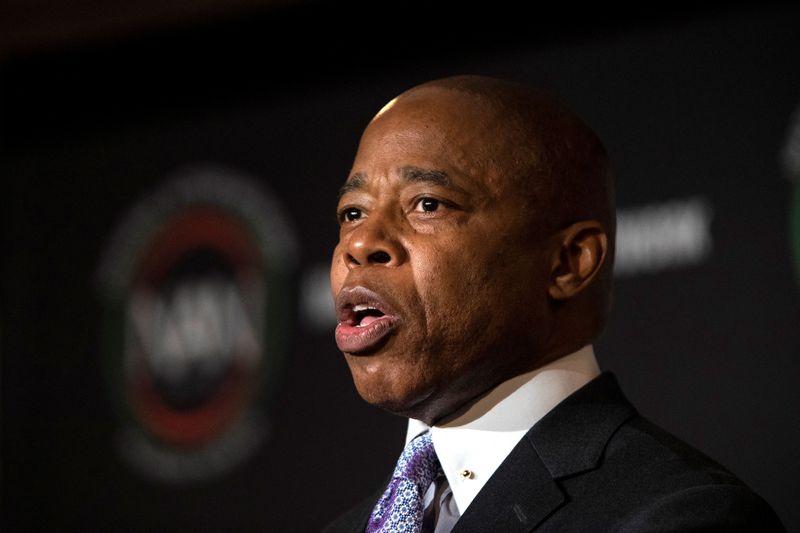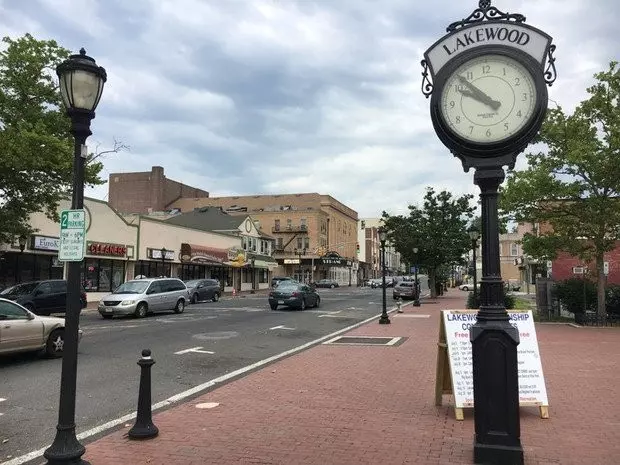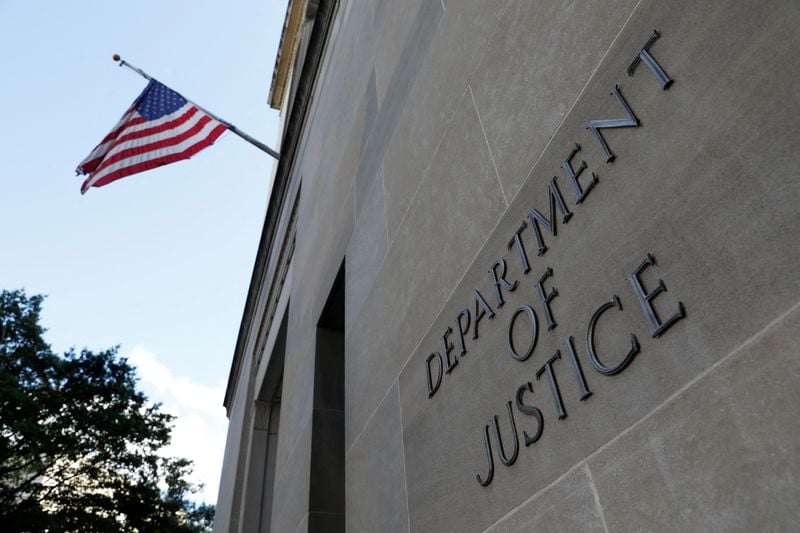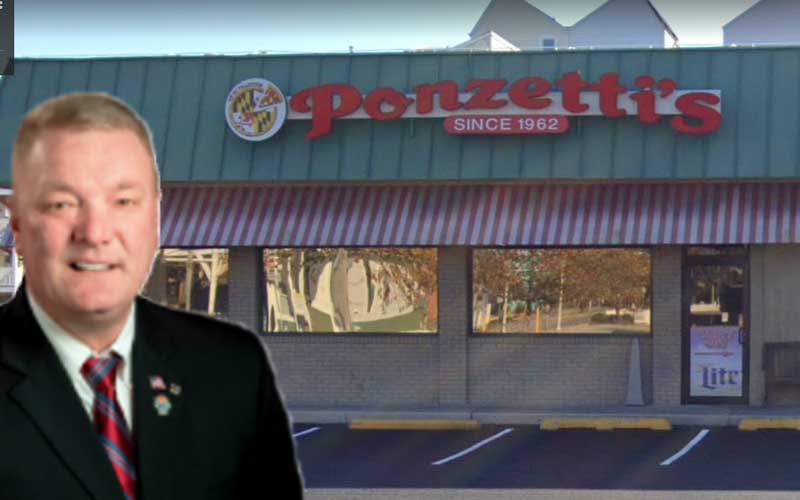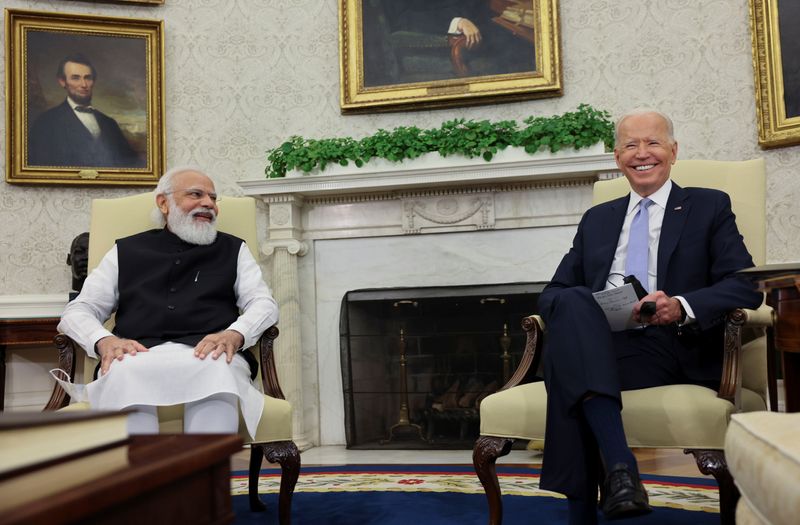(Reuters) -New York City Mayor Eric Adams tested positive for COVID-19 on Sunday after waking up in the morning with a “raspy voice,” his only symptom, a spokesperson said, becoming one of the latest high-profile Gridiron dinner attendees to come down with the virus.
Adams, 61, will cancel all his public events for the remainder of the week and will immediately begin taking anti-viral medications, the spokesperson, Fabien Levy, said in a statement.
“While he is isolating, he will continue to serve New Yorkers by working remotely,” the statement said.
Adams on Sunday marked his first 100 days in office leading the nation’s most populous city, once the epicenter of the pandemic in the United States. He was in Washington last weekend to hold a series of meetings and to attend the Gridiron Club dinner on Saturday.
The event, usually a highlight of the Washington social calendar, has been blamed in recent days for a rash of COVID-19 positive test results among high-ranking officials and politicians, including Attorney General Merrick Garland and Democratic Representatives Adam Schiff and Joaquin Castro.
In all, 67 people who attended the event have tested positive, the Washington Post reported on Saturday.
Ad: Save every day with Amazon Deals: Check out today's daily deals on Amazon.
U.S. House of Representatives Speaker Nancy Pelosi also tested positive for COVID-19 and was currently asymptomatic, her spokesman said on Thursday. She did not attend the event.
President Joe Biden, 79, tested negative on Wednesday night, the White House said.
(Reporting by Brendan O’Brien in ChicagoEditing by Daniel Wallis and Matthew Lewis)
